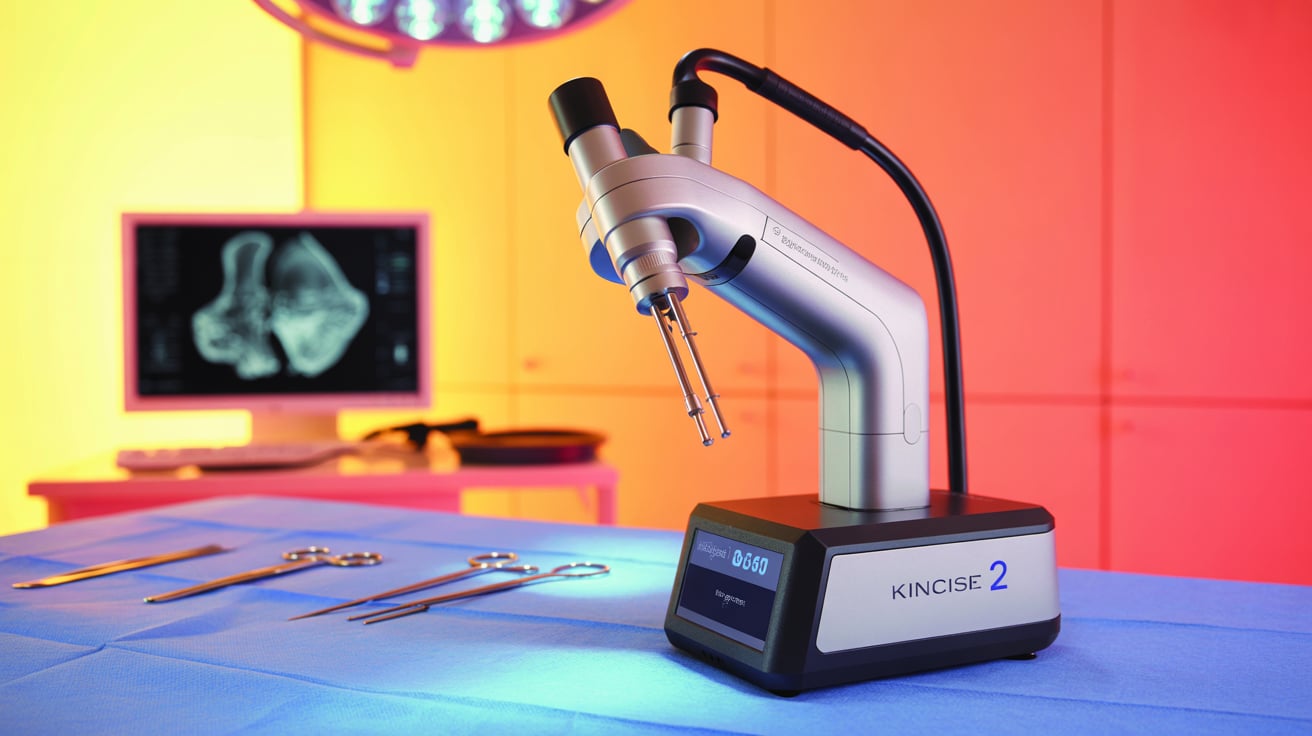Revolutionizing atrial fibrillation treatment with rapid adoption and technological advancements.
Pulsed Field Ablation (PFA) is emerging as a transformative force in the medical technology (MedTech) sector, particularly in the treatment of atrial fibrillation (AFib). As a non-thermal ablation technique, PFA utilizes high-amplitude electrical pulses to selectively target and ablate cardiac tissue responsible for irregular heart rhythms. With its potential to enhance safety, efficacy, and procedural efficiency, PFA is set to become a dominant modality in 2025.
- Advantages of PFA over Traditional Ablation Techniques
Traditional ablation methods, such as radiofrequency (RF) and cryoablation, use extreme heat or cold to destroy aberrant cardiac tissues, posing risks to surrounding structures like the esophagus and phrenic nerves. In contrast, PFA’s non-thermal mechanism offers several benefits:- Selective Tissue Targeting: PFA preferentially affects myocardial cells while sparing adjacent tissues, reducing collateral damage.
- Reduced Complication Rates: Clinical studies have demonstrated lower incidences of adverse events with PFA compared to thermal ablation methods.
- Shorter Procedure Times: PFA can achieve pulmonary vein isolation more rapidly, enhancing procedural efficiency.
- Market Adoption and Growth Projections
The MedTech industry is witnessing a swift uptake of PFA technology:- Physician Adoption: A survey by Citi Research indicates that physicians expect PFA to be utilized in approximately 49% of AFib procedures by 2025, surpassing RF ablation.
- Regulatory Approvals: Leading companies have secured regulatory clearances, facilitating broader market penetration.
- Medtronic: Received FDA approval for its PulseSelect PFA system in late 2023.
- Boston Scientific: Launched its Farapulse system in early 2024, with rapid adoption reported.
- Johnson & Johnson: Gained FDA approval for its Varipulse PFA system in November 2024.
- Clinical Evidence and Efficacy
Recent clinical trials underscore PFA’s effectiveness:- ADVENT Trial: Boston Scientific’s Farapulse demonstrated non-inferiority to standard thermal ablation in achieving freedom from AFib at 12 months, with a favorable safety profile.
- PULSED AF Pivotal Trial: Medtronic’s PulseSelect system showed promising efficacy and safety outcomes in treating paroxysmal and persistent AFib.
- Challenges and Considerations
Despite its advantages, PFA faces certain challenges:- Standardization: Lack of uniformity in delivery parameters necessitates further research to optimize protocols.
- Training and Adoption: Widespread adoption requires comprehensive training programs to familiarize clinicians with the new technology.
- Long-Term Data: Ongoing studies are needed to assess the durability of PFA’s therapeutic effects over extended periods.
Pulsed Field Ablation is poised to revolutionize the treatment landscape for atrial fibrillation, offering a safer and more efficient alternative to traditional ablation methods. With increasing physician adoption, robust clinical evidence, and expanding regulatory approvals, PFA is set to dominate the MedTech arena in 2025, heralding a new era in cardiac arrhythmia management.
Follow MEDWIRE.AI for the latest insights into emerging MedTech innovations and their impact on healthcare.








